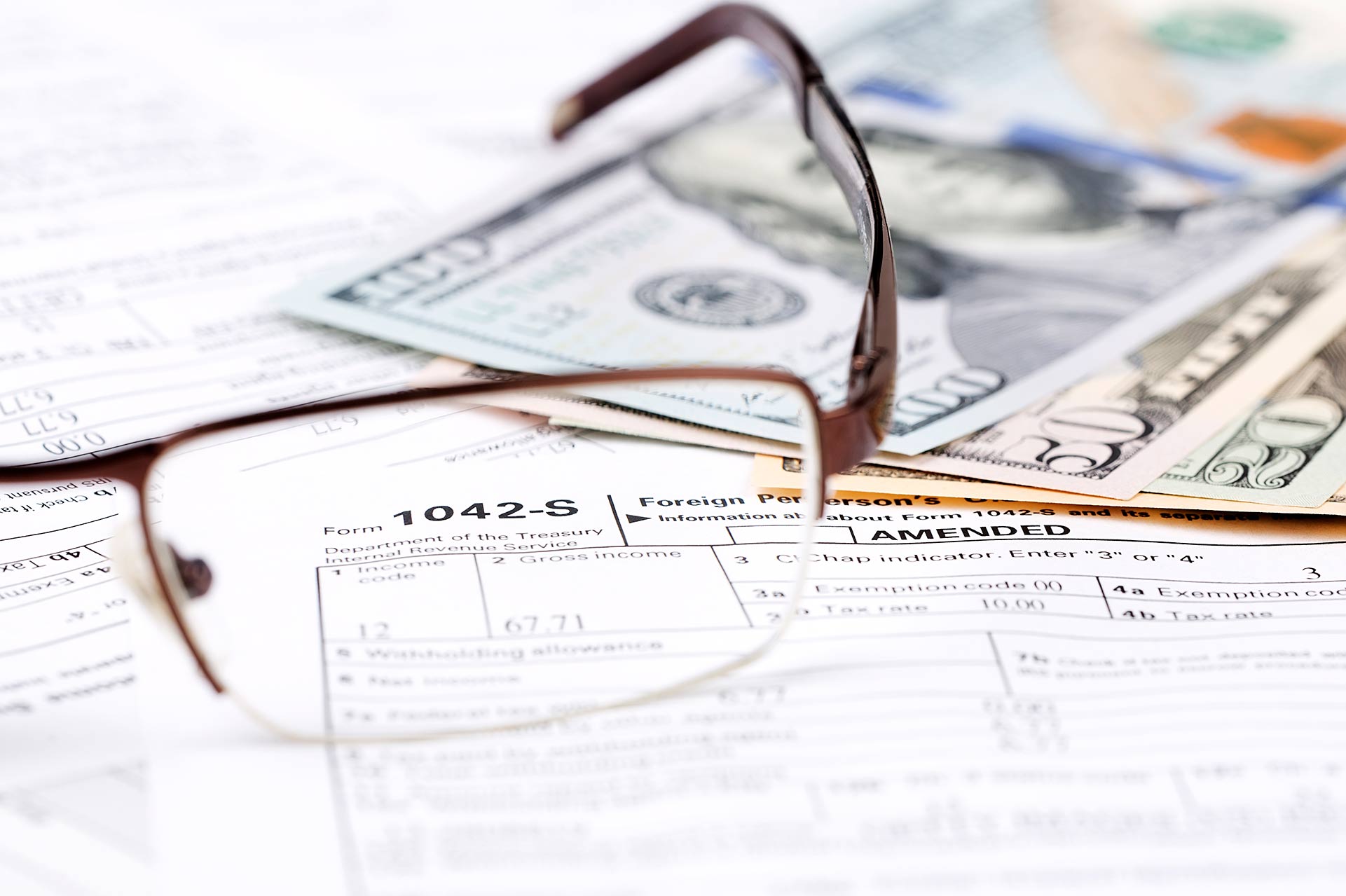Retirement can be a time of peace and financial security. But with economic downturns, it can also become insecurity – particularly for those unequipped to deal with the decreased value of their savings in retirement. That is why it is important to help recession-proof your retirement.
With the right strategies and tactics, you can help protect your nest egg from any potential recession – allowing yourself to enjoy your golden years worry-free.In this blog post, we’ll explore how you can help diversify your assets and take proactive steps contributing to recession-proofing your retirement plan.
Understand the importance of diversifying your assets.
Retirement planning is important for our financial well-being. Unfortunately, the market can be volatile, and it’s important to have a financial plan in place that will help safeguard your savings for the long haul. Diversifying your assets is one of the best ways to help protect you from risk.
A blend of various investments in different areas can help give you strength and agility when stocks or other markets dip unexpectedly. Splitting up your retirement funds into various investments can help give you more protection over the years to recession-proof your retirement accounts even if market volatility rises.
Use a Bucketing Approach
Not only is it important to diversify your investments across asset classes, but it’s equally important to segment your investments into three “buckets” based on the timeframe for when you will need your money. Doing so will help mitigate the financial risks and challenges of today so you can help protect your retirement savings. We call this The Bucket Plan® philosophy.
The Bucket Plan® philosophy involves dividing up your savings into three main buckets:
- Now Bucket: This bucket contains enough cash equivalents to cover your living expenses for the next year or two. You can access this money quickly and easily without having to sell any investments.
- Soon Bucket: This bucket is designed to cover expenses over the next 5-10 years. It contains a mix of fixed-income investments that are less volatile than stock but still offer a reasonable rate of return.
- Later Bucket: This bucket aims to cover your expenses for the rest of your retirement, which could be 20 or 30 years or more. It contains a mix of growth-oriented investments, such as stocks and real estate that have the potential to provide higher returns over the long-run.
Learn more by downloading your copy of “The Benefits of a Bucket Plan Strategy” Guide by clicking here.
Don’t forget about taxes
Taxes may be inevitable, but you don’t have to overpay them either (if you know what you’re doing). When prices drop, you have the opportunity for some legal ways to make your taxes work for you in a recession.
Roth Conversions and “backdoor Roth” techniques could be a good option for you to convert traditional, pre-tax money to after-tax money that’s tax-free on withdrawal.
Another idea is to “fill up” your tax bracket. With more room in your tax bracket, you could do more Roth conversions or consider taking more capital gains since this could be the last year you’re in a lower tax bracket.
You could also look at tax-loss harvesting. Tax-loss harvesting involves selling investments that have lost value to offset capital gains tax and potentially reduce your tax bill so you can keep more of your money. This can be a useful strategy during a recession when stock prices are low, and you have losses to harvest.
Hold off on withdrawing from your retirement accounts
Unless you absolutely have no choice or need to take your annual required minimum distribution (RMD), you may want to think about holding off on withdrawing from your retirement accounts. This is especially true if you’re in your early retirement years.
During a market downturn, the value of your investments may decline, and if you withdraw money at the same time, your account will be reduced by the amount you took out and the percent loss of the market, potentially leaving you with less money. This is called the sequence of returns risk.
Sequence of returns risk is the risk of experiencing market losses on your investments in the early years of retirement, which can significantly impact your long-term investment savings.
For example, let’s say you have a $1 million portfolio and want to withdraw 3% (or $30,000) each year. Within the first year of retirement, there is a significant decline in the market, and your portfolio loses 20%. If you withdraw 3% of your original portfolio value, you will now be withdrawing $30,000 from a portfolio balance of $800,000. You can see how this could significantly reduce the amount of money you have available in future years of your retirement if this continues.
Use financial advisors to help guide your decisions regarding portfolio design and asset allocation.
When designing and allocating your assets for retirement, it’s wise to have some help from a financial advisor. They can help give you a better understanding of the available asset classes and help advise on which ones are best for achieving your financial goals during these unpredictable times.
With their knowledge and help, you can determine how much risk you’re willing to take on and decide when to make changes to maximize your investment opportunities.
Financial advisors also help factor in inflation and other ups and downs of the market so you can make sure you’re making the best decisions with your retirement savings.
Don’t go into this alone: use an experienced professional to help recession-proof your retirement planning!
In Conclusion
Diversifying your assets is integral to helping make sure your portfolio and retirement savings are protected in times of economic crisis.
By investing in a range of products and segmenting those assets based on a timeframe of when you will need the money, you can generate income now and be sure to have it when you retire.
Ultimately, seeking professional guidance before making any financial decisions affecting your retirement savings is wise.
With the right tools and direction, recession-proofing your nest egg is achievable, so don’t wait – contact Intelliplan Financial today to get started!
Disclosure: Financial Planning and Advisory Services are offered through Prosperity Capital Advisors (“PCA”), an SEC registered investment adviser. Registration as an investment adviser does not imply a certain level of skill or training. Intelliplan Financial and PCA are separate, non-affiliated entities. PCA does not provide tax or legal advice. Insurance services offered through Intelliplan Financial are not affiliated with PCA.
Financial Planning and Advisory Services are offered through Prosperity Capital Advisors (“PCA”), an SEC registered investment adviser. Registration as an investment adviser does not imply a certain level of skill or training. Intelliplan Financial and PCA are separate, non-affiliated entities. PCA does not provide tax or legal advice.









